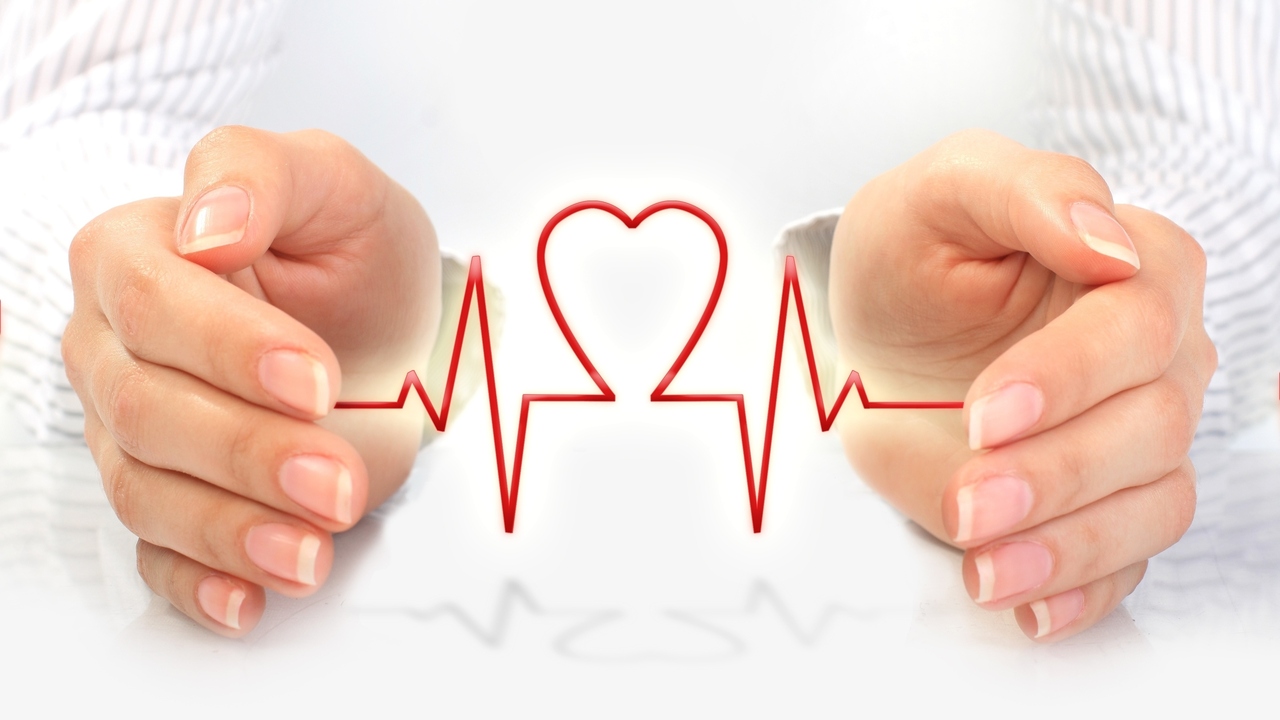 Photo: Getty Images
Photo: Getty Images
Invincibility and exemption from harm or health problems is a common belief in most adolescents and young adults. The assumption that our bodies can handle abuse, stay up all night, eat junk food, ingest nicotine and alcohol and still perform at a most pristine level is an inherent belief in most Americans under the age of 30.
But what young Americans don’t realize – myself included – is that even the "old people problems" we hear about from our parents and grandparents can affect us as well, even in our teens or 20s.
One of those problems is high blood pressure.
A recent study conducted by the National Longitudinal Study of Adolescent Health, found that roughly 19 percent of young adults (men and women between the ages of 24 and 32) have high blood pressure.
According to FamilyDoctor.org, young women and men should have their blood pressure checked at least once every two years after the age of 18 and should get it checked more often if you’ve had high blood pressure in the past.
High blood pressure can damage your blood vessels, which in turn raises your risk of stroke, kidney failure, heart disease and heart attack. None of which us young folk feel threatened by.
Kathleen Mullan Harris, Ph.D., principal investigator of the study, and colleagues at the University of North Carolina at Chapel Hill conducted the Add Health study which is supported by the National Institutes of Health.
Their findings actually contradicted another recent study from the National Health and Nutrition Examination Survey (NHANES), which reported high blood pressure in only 4 percent of adults 20 to 39 years of age.
The reasons for the disparity in numbers is unknown, but the researchers are encouraged that awareness is raised and further investigation will be conducted to find out what number of young adults currently have or are at risk for high blood pressure.
The good news is that whether you have high blood pressure or not, the treatment for it involves leading a healthy, balanced life – something we should all focus more on.
Some of the lifestyle changes that can help lower blood pressure, according to FamilyDoctor.org are:
• Don't smoke cigarettes or use any tobacco product.
• Lose weight if you're overweight.
• Exercise regularly.
• Eat a healthy diet full of fruits and vegetables and that is low in fat.
• Limit your sodium, alcohol and caffeine intake.
• Try relaxation techniques or biofeedback.
FamilyDoctor.org
http://familydoctor.org/online/famdocen/home/common/heartdisease/risk/092.html
National Institute of Child Health and Human Development
http://www.nichd.nih.gov/
Study Shows 19 percent of young adults have high blood pressure
http://www.nih.gov/news/health/may2011/nichd-25.htm
Reviewed May 30, 2011
Edited by Alison Stanton
Bailey Mosier is a freelance journalist living in Winter Park, Florida. She received a Masters of Journalism from Arizona State University, played D-I golf, has been editor of a Scottsdale-based golf magazine and currently contributes to GolfChannel.com. She aims to live an active, healthy lifestyle full of sunshine and smiles.






Add a CommentComments
There are no comments yet. Be the first one and get the conversation started!